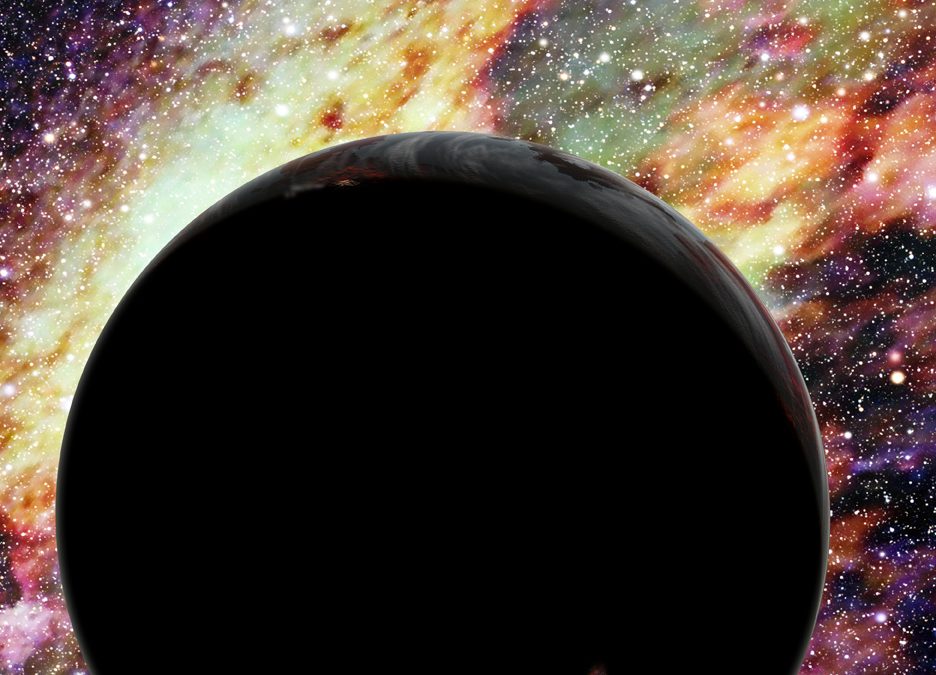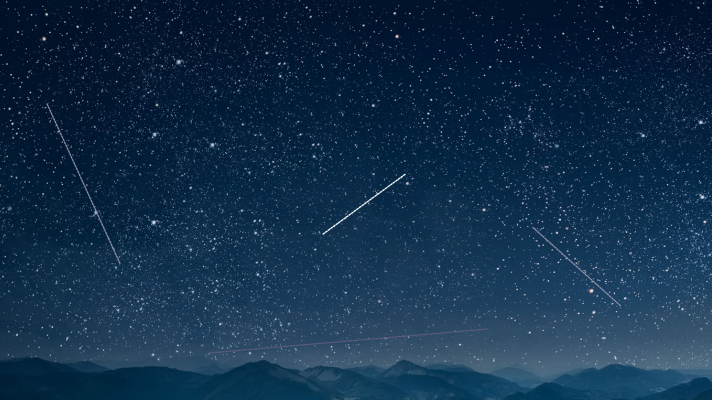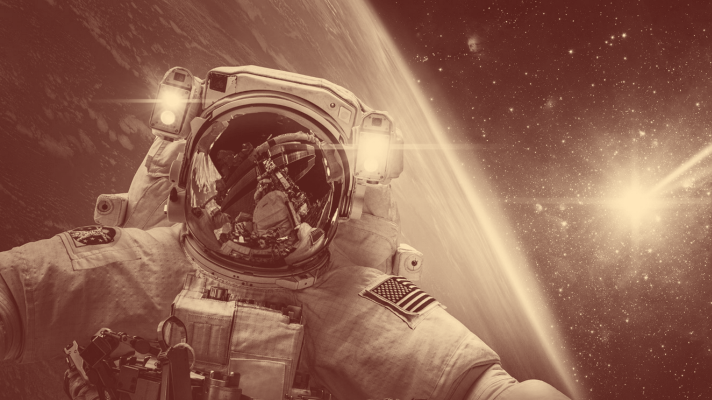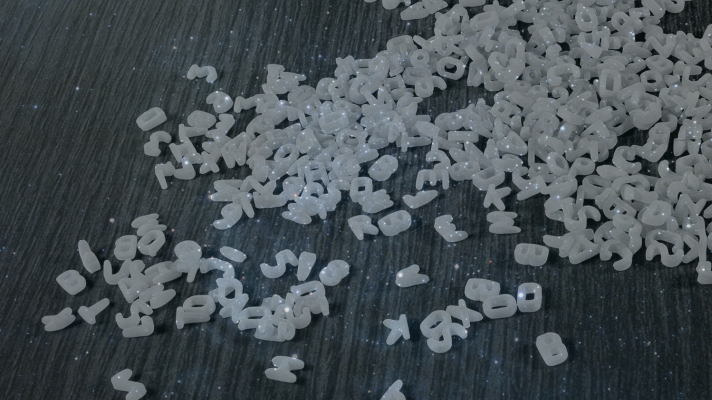Moons orbit planets, planets orbit stars, stars orbit within galaxies. It’s orbits all the way down. But occasionally objects can receive a powerful kick that sends them off on a journey, never to return.




Moons orbit planets, planets orbit stars, stars orbit within galaxies. It’s orbits all the way down. But occasionally objects can receive a powerful kick that sends them off on a journey, never to return.

Light pollution is a big problem, and it’s only getting worse — not just near cities but everywhere thanks to increased satellite constellations. How bad is the problem, and how can we fix it?

We’re recording this episode on Halloween, so how could we resist but take advantage of this opportunity. Space is already terrifying enough, you know, with the vast endless emptiness, incomprehensible mysteries, and uncaring coldness. But here are some scary stories …

Space is a big place, with a lot of galaxies, stars, planets and moons, and that means a lot of names. How do astronomers name stuff, like comets, asteroids, exoplanets, craters?
Recent Episodes